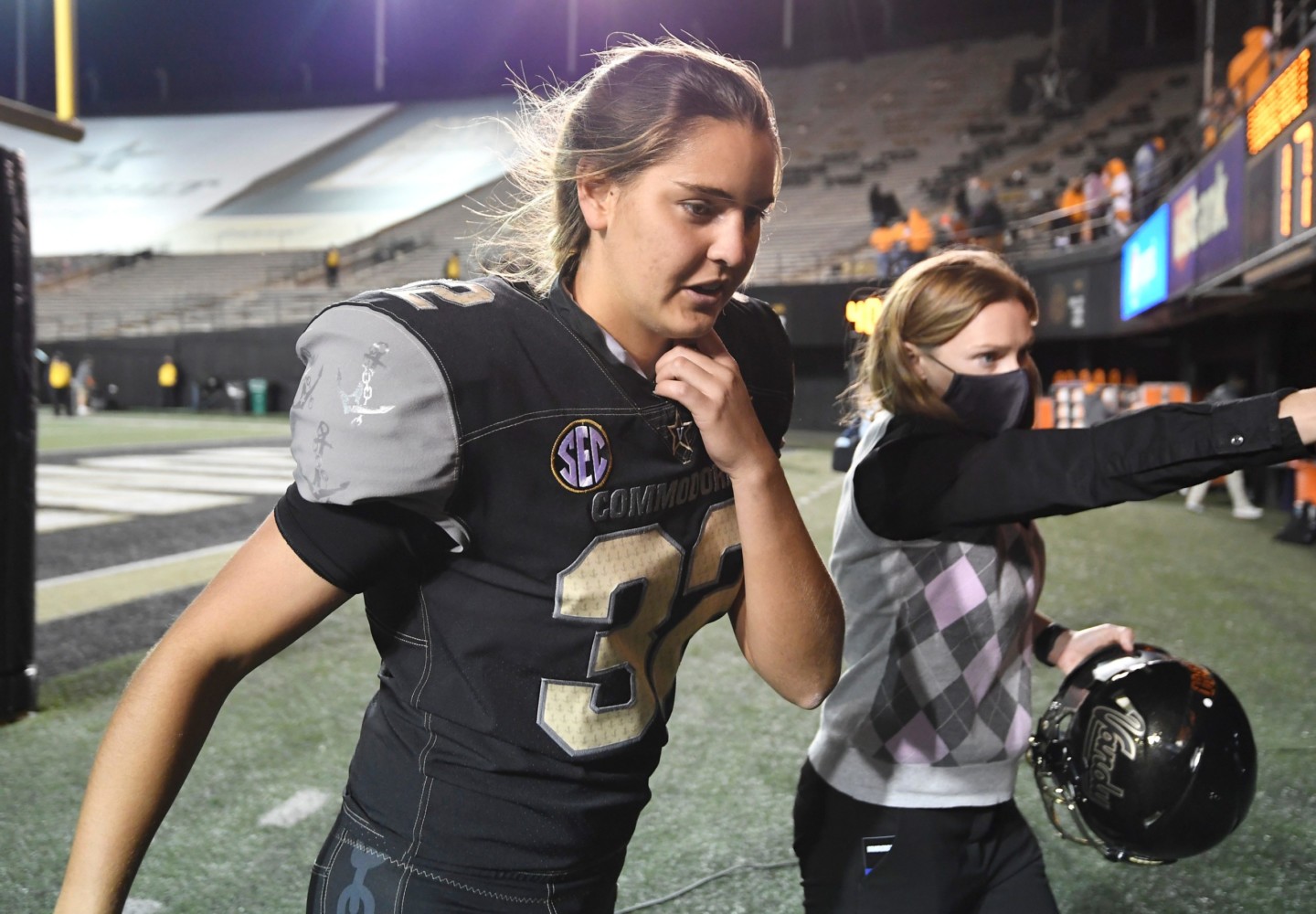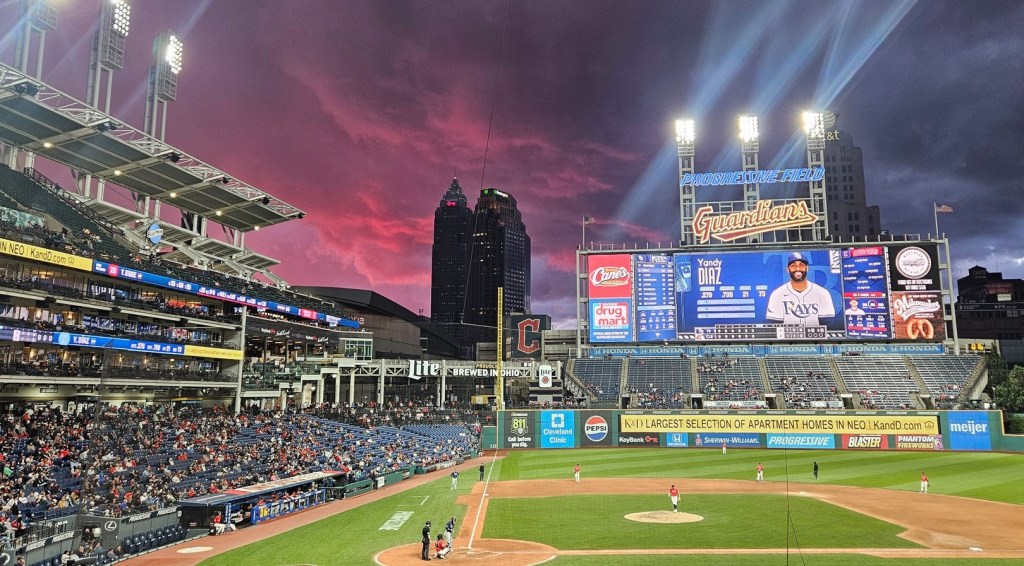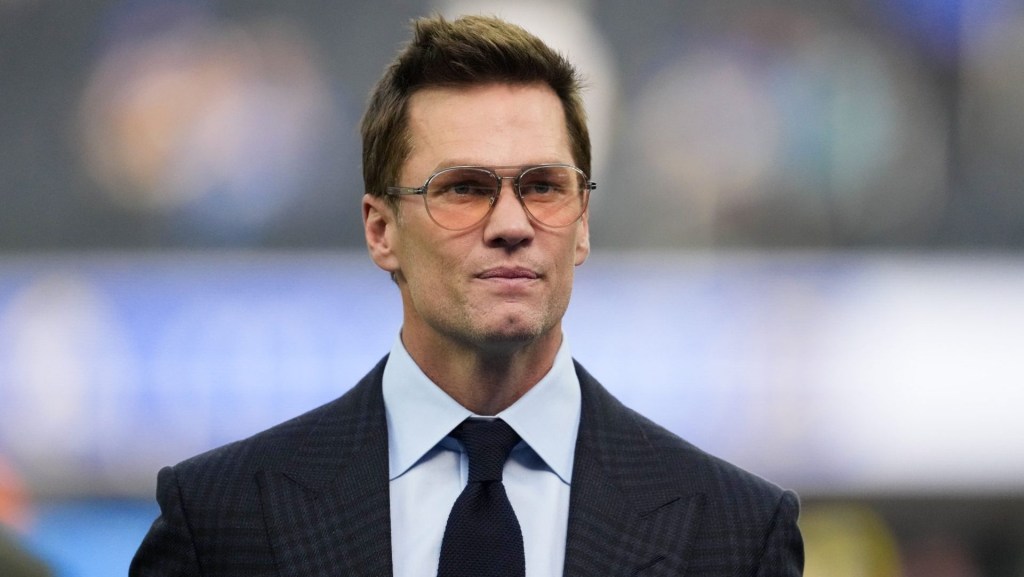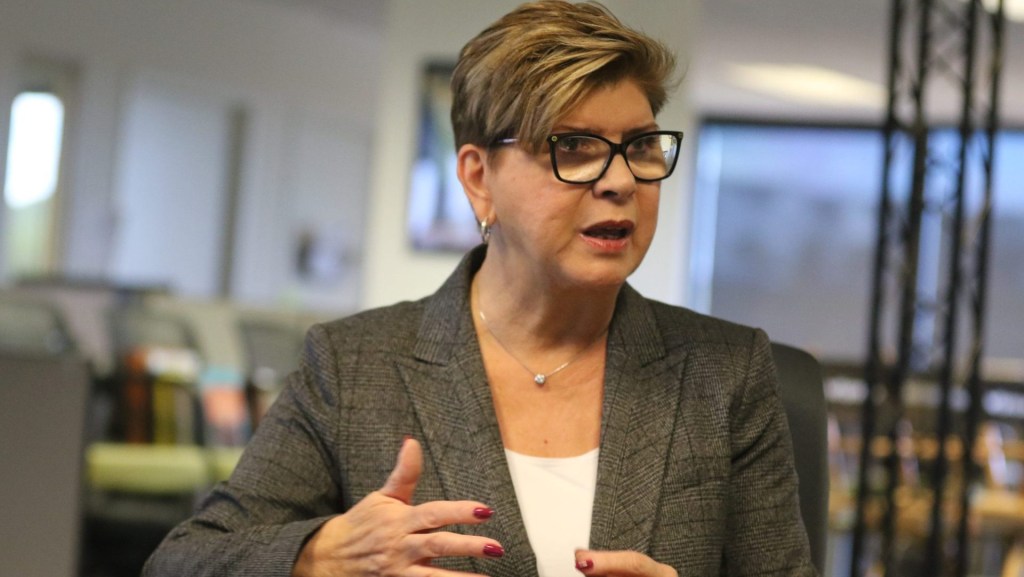Making an NIL deal is a process that requires harmony between all parties.
Such was the message from the “Let’s Make a Deal” panel at Front Office Sports’ “How NIL Changed the College Sports Game” virtual event.
The discussion — moderated by FOS reporter Amanda Christovich — involved Richard Motzkin (EVP and Managing Executive of Global Soccer at Wasserman), Sarah Fuller (former college soccer star and Minnesota Aurora FC goalkeeper), and Wendy Fitch (Director of Advertising & Creative Studio at H&R Block).
The panel broke down how Fuller’s NIL deal with H&R Block came to fruition following a breakout turn with the Vanderbilt football team that saw her become the first woman to ever score in a Power 5 game.
Landmark NIL legislation had yet to pass at the time, but Fuller connected with Motzkin at Wasserman so that they could be ready to cash in when permissible.
“When all the football stuff was going on, I was very overwhelmed with everything,” said Fuller. “Everybody was like, ‘Hey, you need an agent or representation or something, somebody to help you out.’”
“[The timing] was unfortunate for Sarah, because I think there would’ve been an incredible number of opportunities, both financial and otherwise, for her at the time,” Motzkin said.
Once NIL was legalized in June 2021, H&R Block — led by Fitch — approached Fuller about becoming one of the faces of their initiative to equitize male and female college athletes’ opportunities.
“We realized that there was this huge disparity in sponsorships between men and women, and we wanted to help with that,” said Fitch. “There was no question that we wanted Sarah to be one of our first Fair Shot athletes.”
“I think just having a company that was acknowledging that and wanting to work with female athletes means a lot,” Fuller said.
The discussion also further addressed how these deals come about and their effect on schools.
Ultimately, the panel agreed that while NIL is still figuring out many of its regulations, it also creates beneficial opportunities for all.
“When NIL started, there was a lot of resistance from colleges, and this feeling like, ‘Oh my God, the sky is falling,’” said Motzkin.
“Not only did the sky not fall, but it’s created all sorts of incremental opportunities for everybody, not only the student athletes, but the schools themselves — at no cost to the school.”







![[Subscription Customers Only] Jun 15, 2025; Seattle, Washington, USA; Botafogo owner John Textor inside the stadium before the match during a group stage match of the 2025 FIFA Club World Cup at Lumen Field.](https://frontofficesports.com/wp-content/uploads/2026/02/USATSI_26465842_168416386_lowres-scaled.jpg?quality=100&w=1024)
![[Subscription Customers Only] Jul 13, 2025; East Rutherford, New Jersey, USA; Chelsea FC midfielder Cole Palmer (10) celebrates winning the final of the 2025 FIFA Club World Cup at MetLife Stadium](https://frontofficesports.com/wp-content/uploads/2026/02/USATSI_26636703-scaled-e1770932227605.jpg?quality=100&w=1024)








